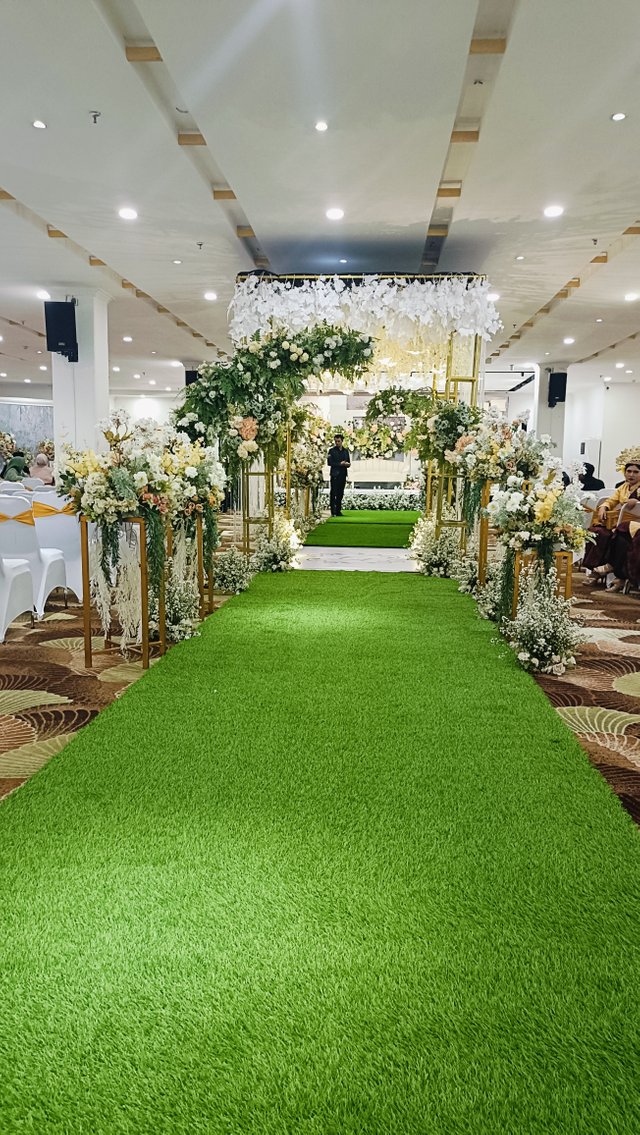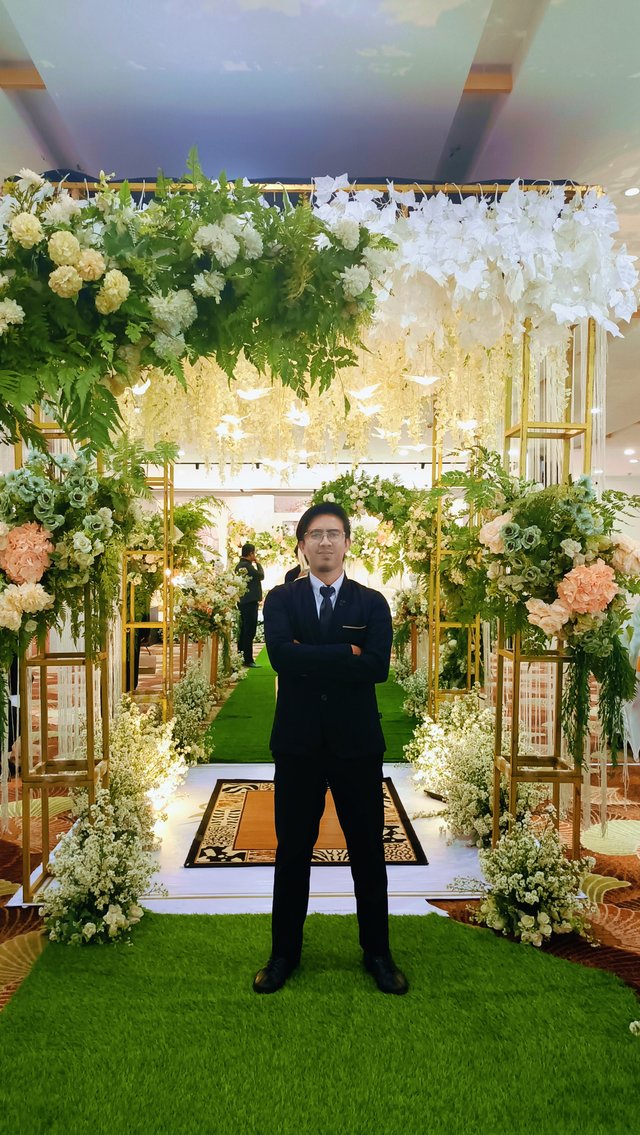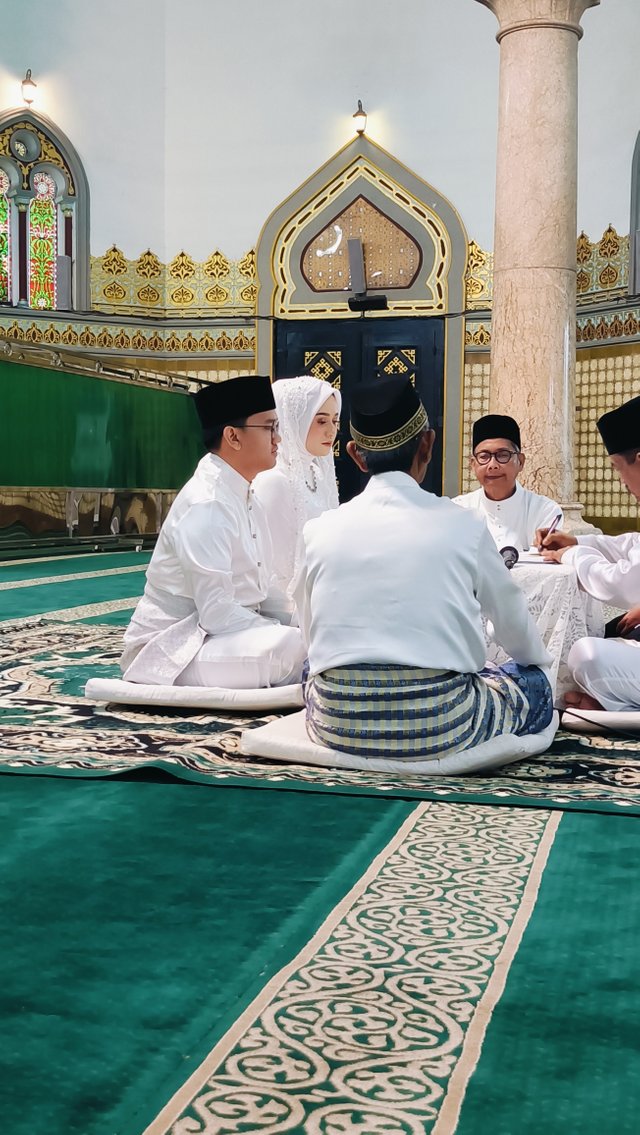Malay Traditional Wedding


A Malay traditional wedding is a marriage ceremony rich in tradition and full of cultural significance. Each region with Malay heritage, such as Sumatra, Riau, Kalimantan, and Malaysia, may have slight differences, but generally, a Malay traditional wedding consists of the following stages:
1. Merisik (Inquiry)
Before an official proposal, the groom's family sends representatives to inquire about the prospective bride, including her status, personality, and family background.
2. Meminang (Proposal)
If the groom’s family agrees, they visit the bride’s home to formally propose, bringing gifts as a sign of their intention, including betel leaves and areca nuts, which symbolize respect and sincerity.
3. Bertunang (Engagement)
Once the proposal is accepted, the couple becomes engaged. In Malay tradition, the engagement is usually marked by a small gathering attended by close family members, during which the groom presents an engagement ring to the bride.
4. Berinai (Henna Ceremony)
The henna ceremony takes place a few days before the wedding. The bride’s hands and feet are adorned with henna as a symbol of luck and happiness. This event is usually held in a festive atmosphere filled with tradition and togetherness.
5. Akad Nikah (Marriage Contract)
The akad nikah is the peak of the wedding process, where the groom recites the marriage vows (ijab kabul) in the presence of a guardian and witnesses. In Malay tradition, the akad nikah is typically conducted at the bride’s home or a mosque.

6. Bersanding (Sitting-in-State Ceremony)
The bersanding ceremony is when the bride and groom sit on a decorated wedding dais, surrounded by family and guests. Various rituals take place during this event, such as the sprinkling of turmeric rice, the blessing ceremony (tepung tawar), and prayers from family and guests.
7. Adat Menyambut Menantu (Welcoming the Bride or Groom)
After the akad and bersanding ceremonies, the groom’s family formally welcomes the bride into their home, accompanied by various customs and prayers.
8. Makan Beradat (Ceremonial Feast)
Makan beradat is a communal meal shared with extended family and guests, often accompanied by traditional entertainment such as pantun (poetic verses), syair (poetic songs), and dance performances.
9. Adat Balas Kunjungan (Reciprocal Visit Tradition)
After the wedding, the bride’s family visits the groom’s home as a gesture of goodwill and to strengthen family ties.
A Malay traditional wedding is not just a celebration but also carries deep cultural, religious, and social values. Each stage is rich in symbolism, representing hopes for a harmonious and prosperous married life.
Follow me @kamal1993